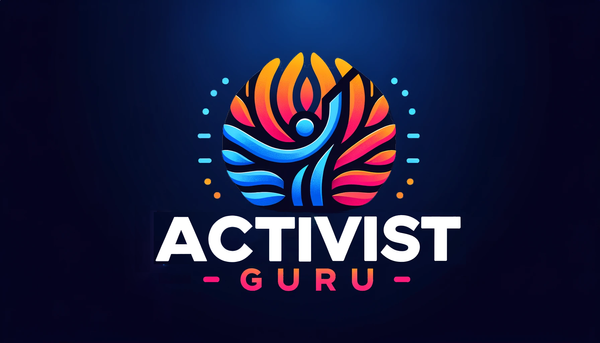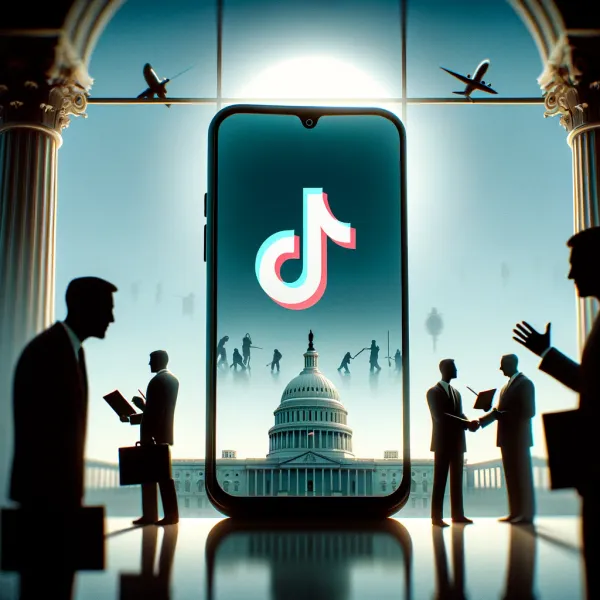The Crucial Need for Strengthened Consumer Rights in Digital Gaming

In the rapidly evolving digital landscape, video games have transitioned from physical cartridges and discs to primarily digital downloads and streams. This shift, while convenient, has exposed consumers to new vulnerabilities, particularly concerning the longevity and ownership of their purchased content. As games become obsolete or are no longer supported by developers, the need for robust consumer rights including the release of server software and the removal of Digital Rights Management (DRM) becomes increasingly apparent.
The Problem of Digital Obsolescence
Video games are often tied to online servers and protected by DRM to prevent unauthorized copying and distribution. However, these measures can backfire on legitimate consumers. When a game’s servers are shut down or if the developer stops supporting the software, players can lose access to games they have legally purchased. This not only includes multiplayer online games but also single-player games with online verification processes. The preservation of access to these games is a critical issue that highlights the fragility of digital ownership.
The Case for Server Software Release
One solution to this problem is the release of server software to the public when games are discontinued. By allowing access to the server software, developers can enable the community to host their own servers, thereby prolonging the life of the game beyond the company’s direct involvement. This approach not only respects the financial investment players have made but also preserves the cultural and historical aspects of gaming.
DRM: Restrictive and Redundant
DRM is designed to protect intellectual property, but it can often be overly restrictive, hindering the user experience and digital ownership rights. When a game is no longer commercially viable, or when the original servers are taken offline, DRM serves little purpose other than to prevent access to a product that consumers have purchased. Removing DRM from these games, or at least ensuring that it does not obstruct gameplay when servers are offline, would significantly protect consumer rights.
Legal and Ethical Considerations
From a legal perspective, consumers have the right to expect that their purchases will remain usable indefinitely, especially when no physical limitations inherently prevent their use. Ethically, developers and publishers should consider the implications of their control over the accessibility of digital goods. There is a growing argument that once a product is no longer supported or profitable, measures that restrict access, like DRM, should be reassessed to prioritize consumer rights.
Steps Forward
Consumer advocacy groups and policymakers are beginning to address these issues. Proposals include legislation that would require companies to provide means of access after support is discontinued, either through DRM removal or the release of server software. Moreover, transparency about the lifespan of online services and DRM restrictions at the point of sale can empower consumers to make more informed purchasing decisions.
Conclusion
The digital age has redefined what ownership means, particularly in the context of software and digital media. As such, it is crucial to update consumer rights to reflect these changes. Ensuring that gamers can continue to access their purchases, even after official support ceases, respects both the economic and cultural investments consumers make in video games. The gaming industry needs to prioritize sustainable practices that uphold consumer rights, setting a standard that could benefit other digital media sectors in the future.




